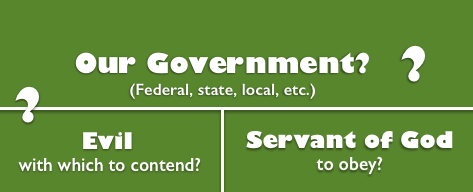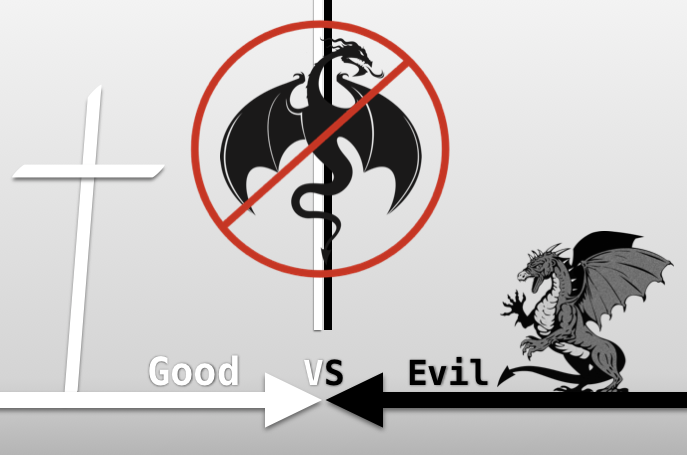“It is only a slight exaggeration to say that the history of the interpretation of Romans 13:1–7 is the history of attempts to avoid what seems to be its plain meaning” (Douglas Moo).
Hello to You,
And welcome to Romans 13:1-7, one of the most controversial passages in the Bible. And there is our key.
“In the Bible …”
I have been thinking through this text for weeks now, anticipating, sometimes almost dreading, our arrival here. But not now. God did something a while back.
He said, “Dave, what does it say? What is the headline? Preach the headline. Preach the words plainly stated, clearly written, and I will be pleased.”
So I am asking you. What does it say? Let’s begin here.
- (Romans 13:1–7 ESV) Let every person be subject to the governing authorities. For there is no authority except from God, and those that exist have been instituted by God.
So what does God say? It is “in the Bible,” so what does God tell us “in the Bible” as he begins to instruct us on our relationship with those in authority over us?
Submit to, be subject to, etc. depending on our translation. Same meaning, same problem.
- “But our government has passed this legislation.” “We are no longer honoring God in our legislative system.” “We’ve taken prayer out of the schools.” Righteous indignation, etc.
So will we honor God by taking him at his word? Is our government evil to contend with or God’s servant? What does God say? Three times in our text God calls the people in government over us his ministers or servants. (See the study sheets for more details.)
If we trust God as Sovereign LORD and providential Ruler of the Universe, then we have a wonderful opportunity of blessing to trust him here.
Whatever position you decide to take as you approach this text, you may want to ask yourself this question: Is my study (or my protests or my hypotheticals) bringing me closer to obedience of this very plain truth or taking me further away?
And there you have it. It’s “in the Bible.” Will you study and gather information that directs you to hear the voice of God or will you throw in with the many evangelical and fundamentalist voices that blur the clearly written truth and spew dishonor and fear.
- Let every person be subject to the governing authorities.
Message Title: Governing Authorities: The Servants of God!
Message Text: Romans 13:1-7
- PDF LESSON 34 : Governing Authorities- The Servants of God : Romans 13:1-7 : FFC : dave scott : 051715 : STUDY SHEET ONE
- PDF LESSON 34 : Governing Authorities- The Servants of God : Romans 13:1-7 : FFC : dave scott : 051715 : STUDY SHEET TWO




